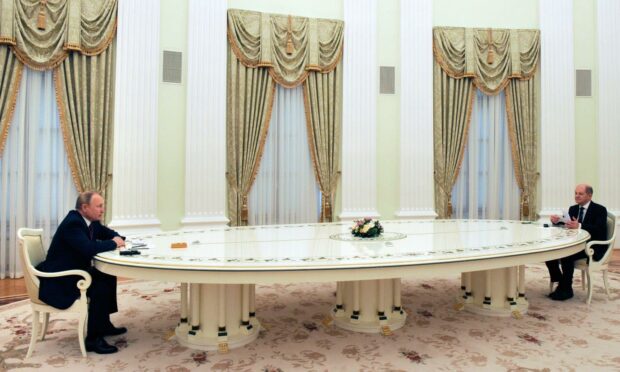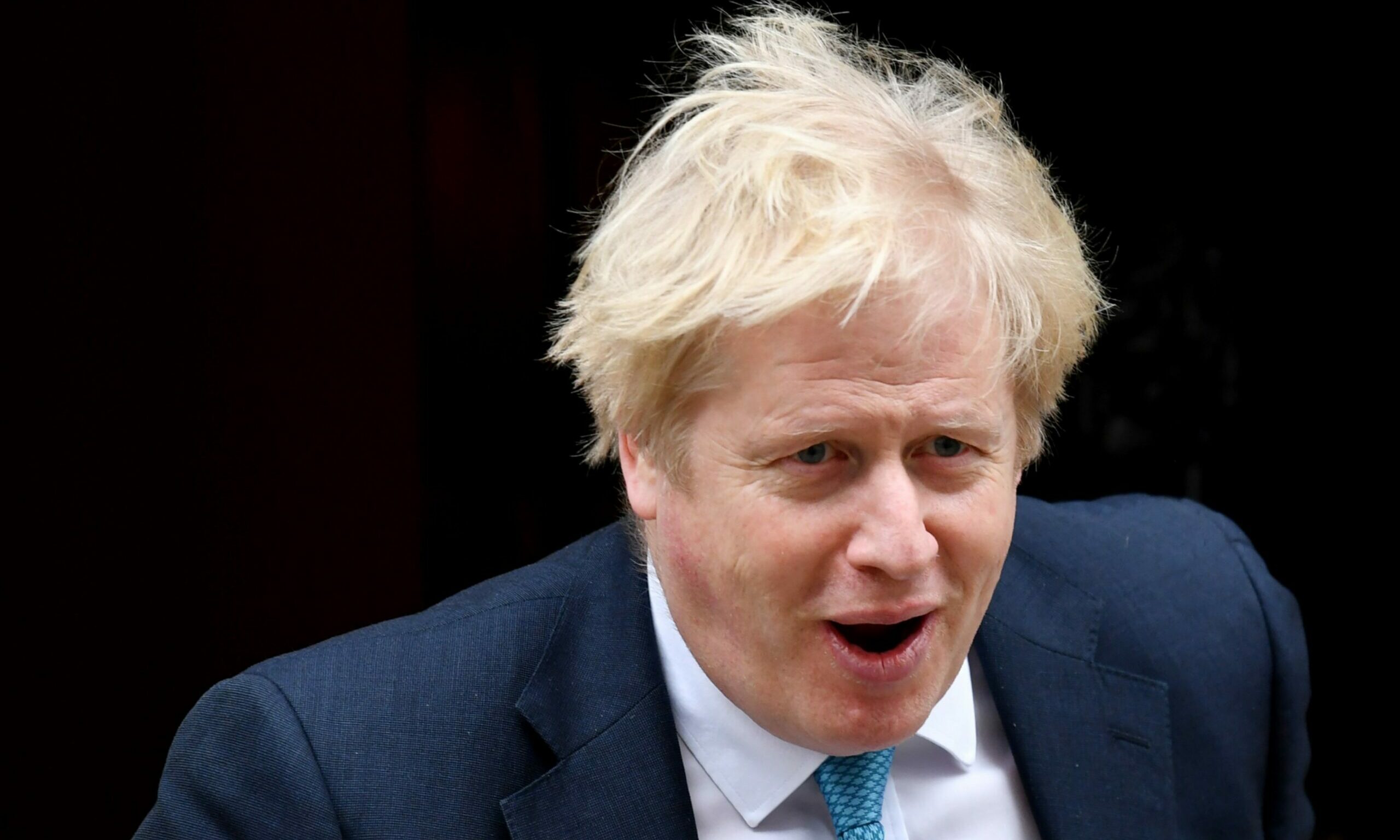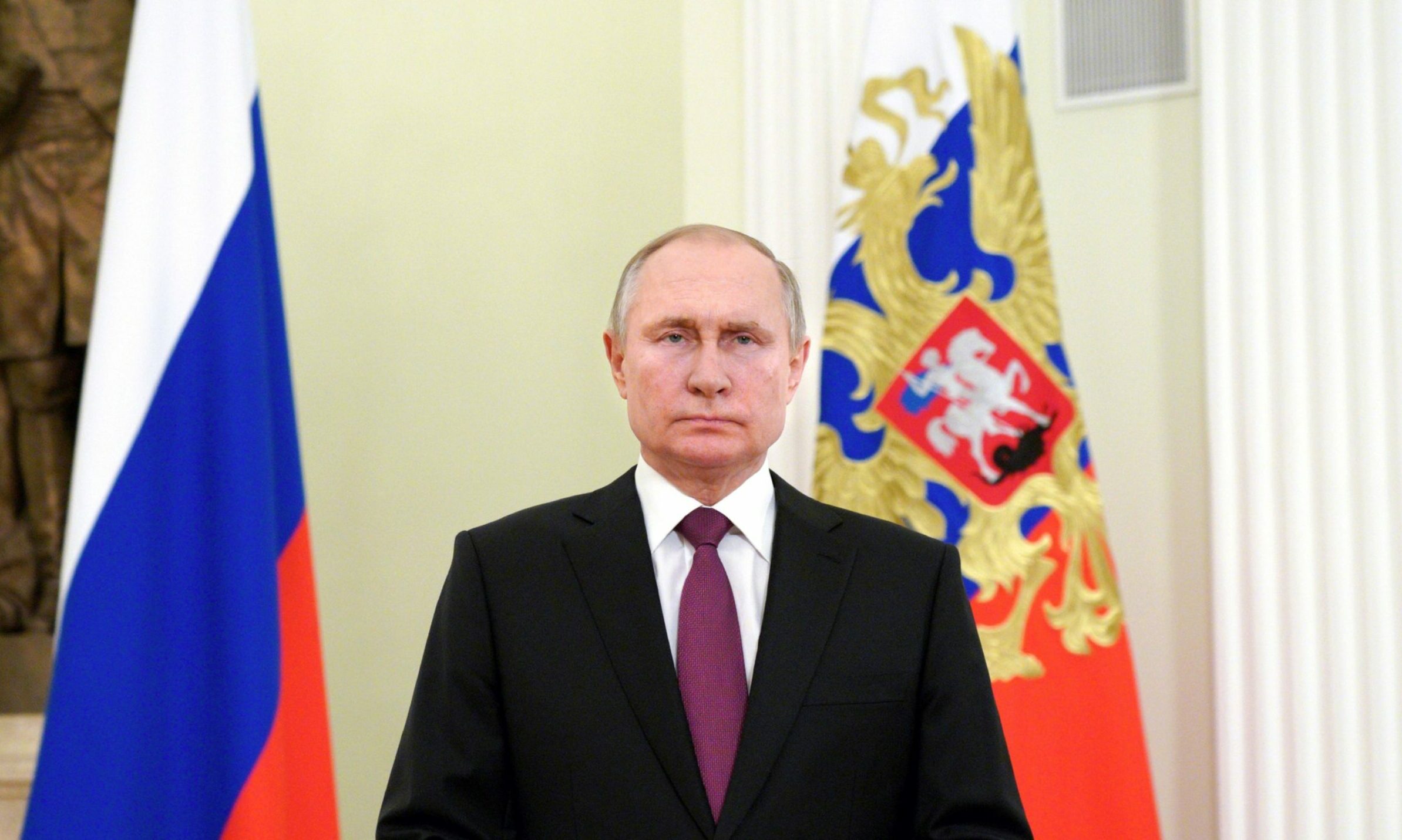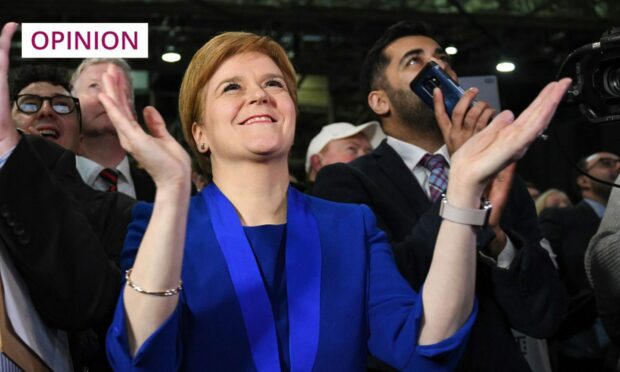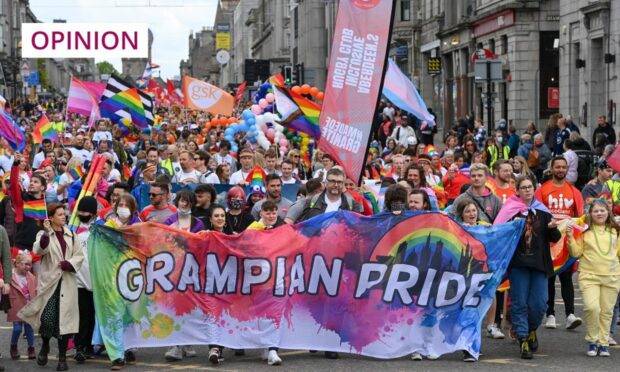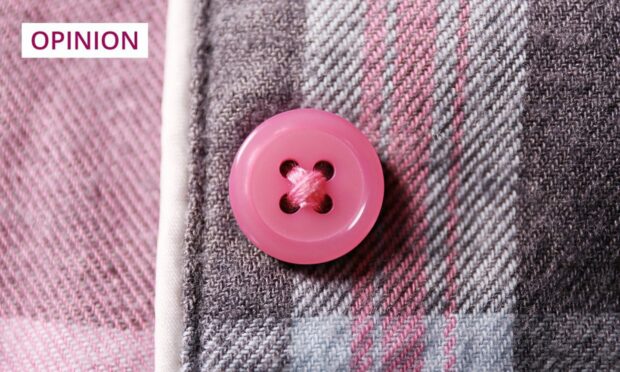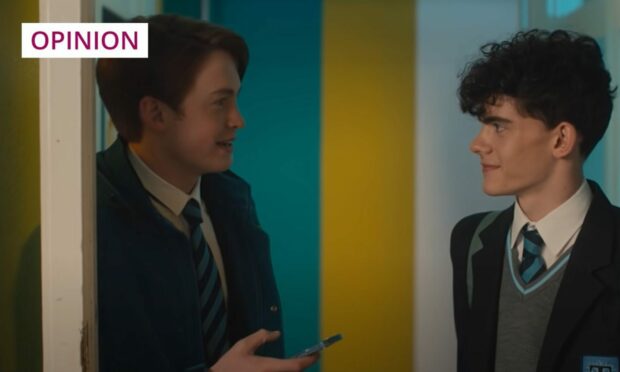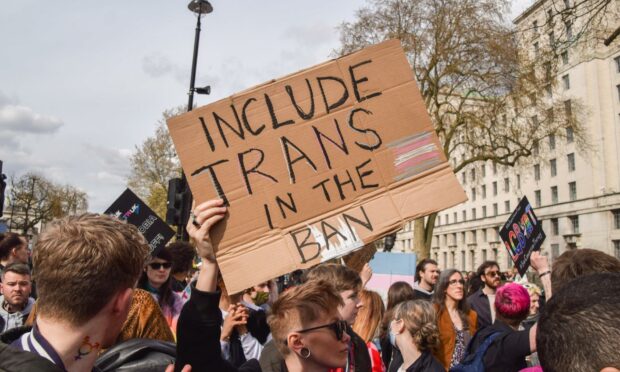In recent days, several diplomatic leaders have rushed to Moscow to prevent the potential Russian invasion of Ukraine.
Russian president, Vladimir Putin, has greeted some of them at marble table. It is very long. Coming in at five metres, it supposedly ensures that social distancing measures can be adhered to during the discussions.
The table hosts talks that will hopefully be war-averting. However, the object itself is shaped more like something I think of as war-inducing: a phallus.
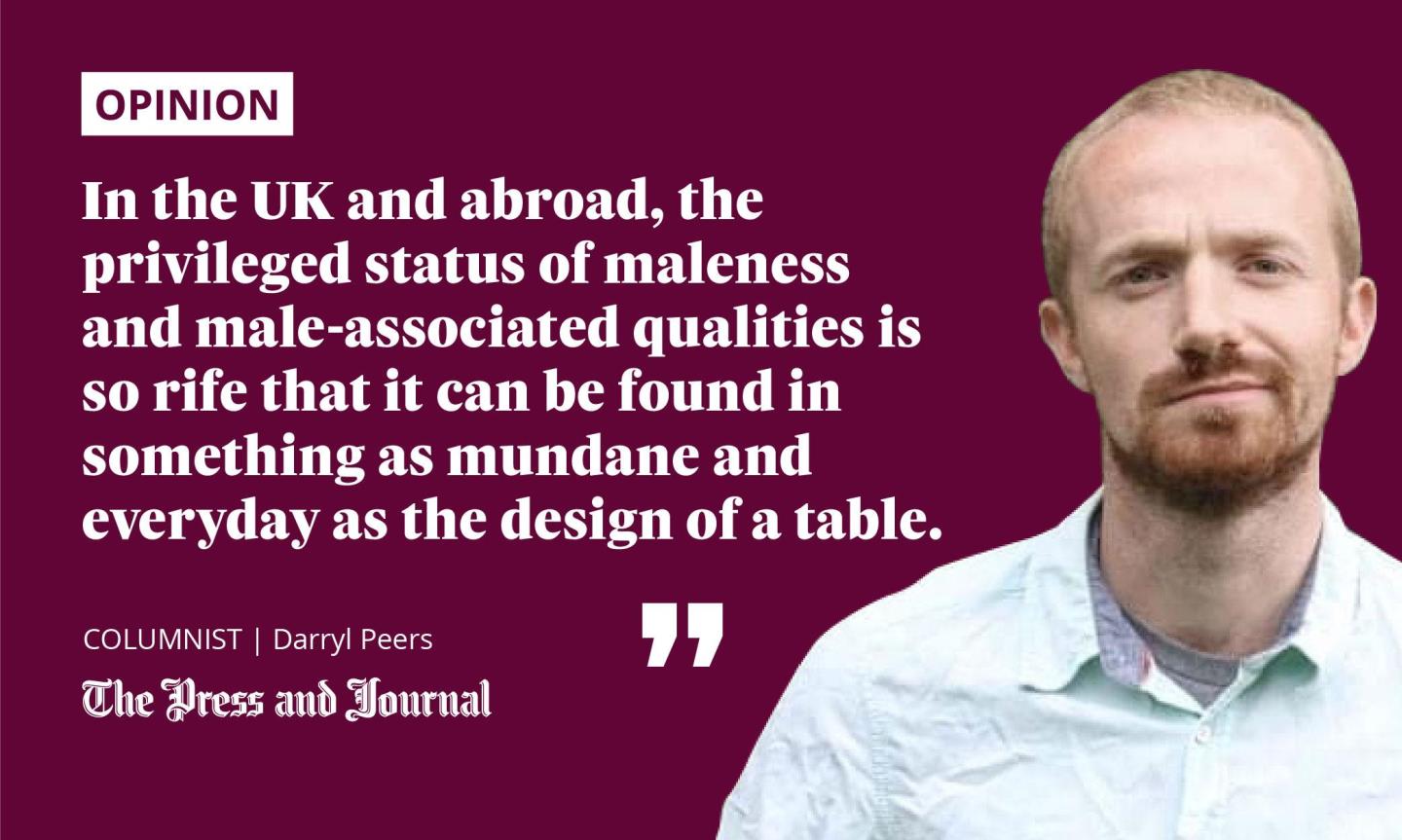
I do not mean to be lewd. Nor do I mean to be new. Comparing phalluses with weaponry such as missiles has been done many times before.
More than simply looking the same, weapons share a function with the phallus. At the simplest level, like the phallus, weapons take up space in the world.
Specifically, weapons take up space that other people are in. They penetrate bodies to deadly ends.
Phalluses are not meant to penetrate bodies for the same reason. They are not meant to be a tool for hurting other people. But, as evidenced by the culture at the Metropolitan Police – where violence against women is seen as a joke by some male officers – it is not always taken seriously when they are.
War and violence are inherently male
We shouldn’t speak about the phallus, or phallic imagery such as Putin’s table, in the abstract. Phalluses are attached to men. Putin’s phallic table was designed by a man and purchased for use by men in discussions to prevent warfare between male-dominated militaries.
Just as phalluses function as part of the male body, violence invariably serves the interests of men, or people who are replicating the behaviours associated with men. War is the inevitable result, and perhaps a necessary precondition, of global societies where virile maleness is privileged as the unquestioned and ideal quality for institutions to exhibit.
And, of course, it isn’t just maleness, it’s a particular kind of maleness. Within the hierarchy of men, the ones at the top are often the strongest, the biggest, the most sexually active, the most self-sufficient, the most confident, the most willing to take up space without apology.
These are so often characteristics which are rewarded, whether exhibited by men or otherwise. Domestically, Boris Johnson’s position was at its most vulnerable when he appeared contrite about Downing Street parties. Since he has turned bullish on the subject, his position has strengthened.
It is a good thing to look strong, as a man should. It is bad for a man to look remorseful. That is weak.
Men take up space at the cost of others
In the UK and abroad, the privileged status of maleness and male-associated qualities is so rife that it can be found in something as mundane and everyday as the design of a table.
At the same time, it has become mundane and everyday for straight, white, cisgender men to take up space at the cost of others.
A commonplace hatred of the female and the effeminate is endemic in so many aspects of contemporary life
However, it isn’t just them. For instance, I have far too much experience of gay men wanting to take up my space, with or without my consent. Perhaps these attempts compensate for the essential effeminacy that they feel their sexuality confers upon them.
This is a smaller kind of war. But it is all violence. It is all meant to enforce the will of one group of people over another.
In this case, it stems from the entrenched idea that to be gay is to be effeminate. Deeper than that, it stems from a commonplace hatred of the female and the effeminate endemic in so many aspects of contemporary life.
A 5-metre long table isn’t helping the conversation
The problem with commonplace hatred on the basis of gender and sexuality is that, when queer folk or women bring it up, we are often thought to be overly fixated on something that is a side issue to larger points. But, whatever the larger point may be, it is always underpinned by specific conceptions of gender and sexuality.
When the larger point is war, war is always the result of a particular kind of men behaving a particular kind of way.
The writer Ocean Vuong talks about how the language of war and violence is deeply embedded in our everyday lives. We speak of killing it, knocking it out of the park, or smashing it when we describe someone who has done well.
This is just another way in which we implicitly endorse the phallus, the act of taking up space without apology at the cost of something or someone else.
But, like a ridiculous table, we can point it out. We can say that isn’t normal; we can say we shouldn’t accept that’s how it has to be.
We can say a five-metre long table isn’t helping the conversation. The conversation that might prevent a war.
Darryl Peers is a writer from the north-east of Scotland
